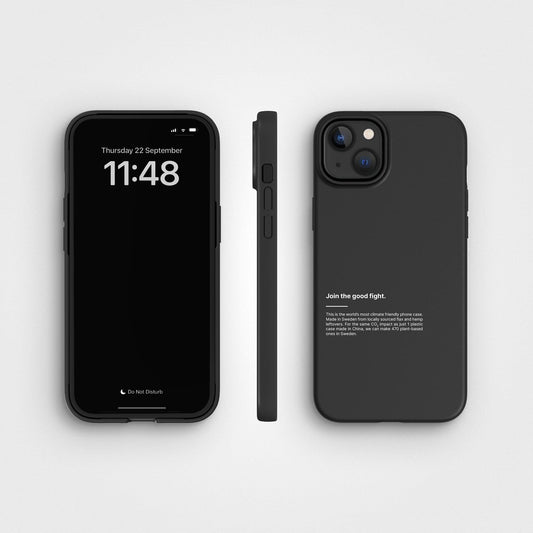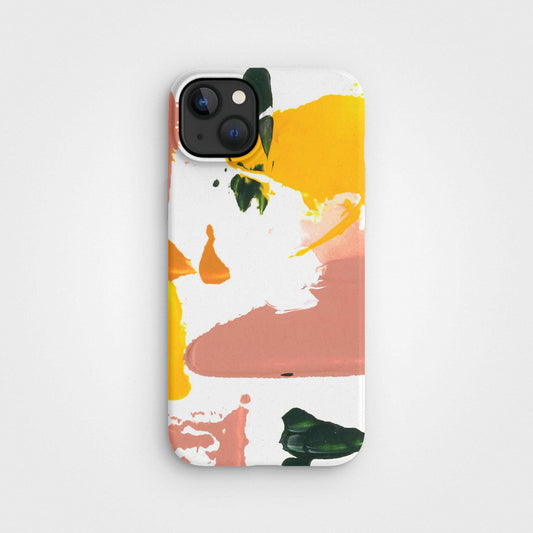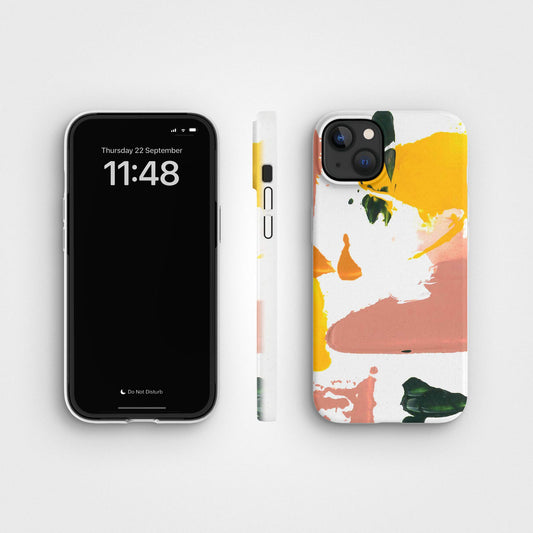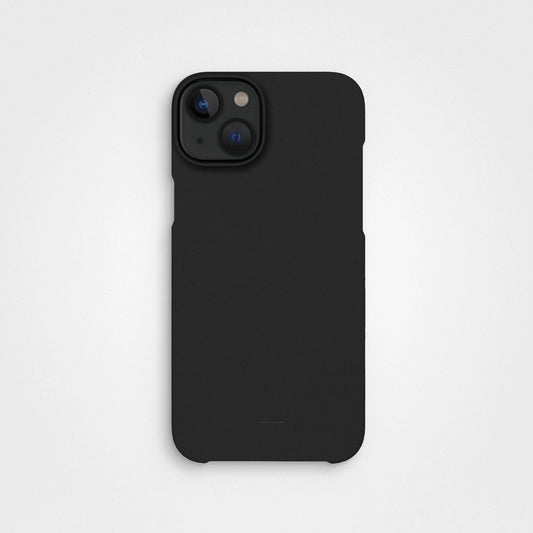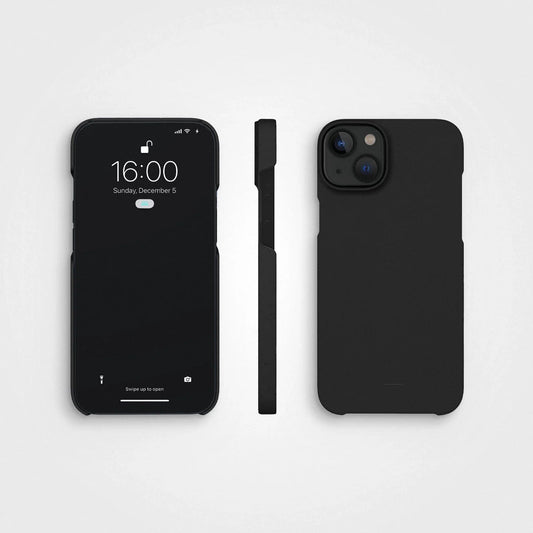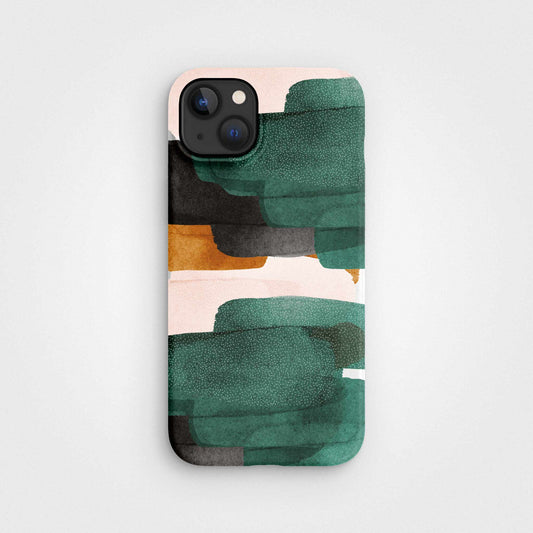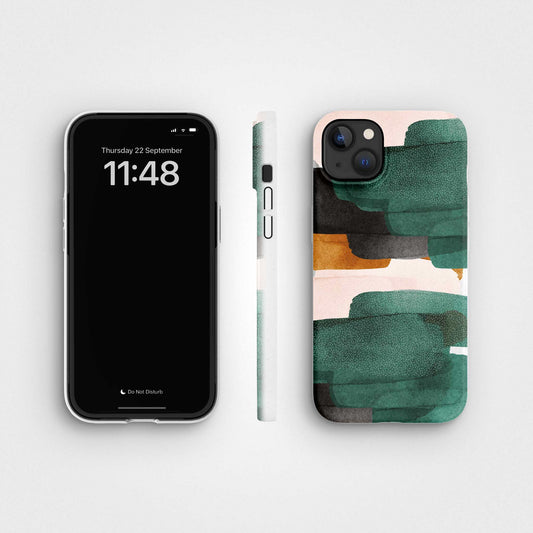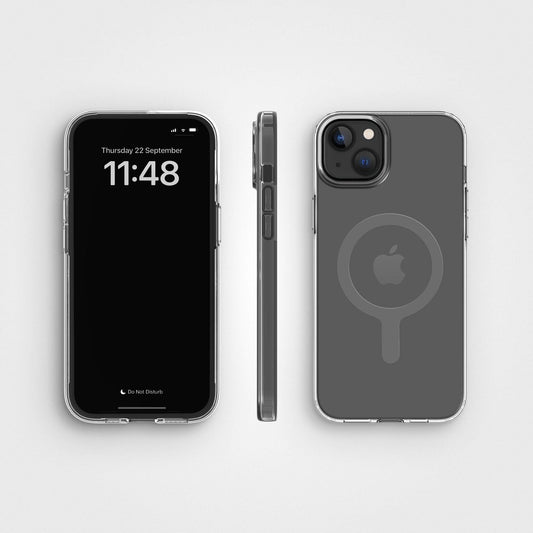Polycarbonate plastic is a highly versatile and widely used material in the modern world, thanks to its unique properties and composition. It falls under the category of thermoplastic polymers, which means it can be moulded and reshaped multiple times without undergoing any significant chemical change. Here, we'll delve into the definition, composition, properties, and common uses of polycarbonate in various industries.
What is Polycarbonate?

Polycarbonate is a type of plastic composed of repeating carbonate units. The most common building block used in the synthesis of polycarbonate is bisphenol A (BPA), which reacts with phosgene or other carbonate precursors to create long polymer chains. The resulting material exhibits high molecular weight and a linear structure, contributing to its robustness and mechanical strength.
Properties and Characteristics
One of the most remarkable properties of polycarbonate is its exceptional impact resistance, making it significantly tougher than other plastics. Its toughness is comparable to glass, yet polycarbonate is considerably lighter, making it a preferred choice for applications where weight matters. The material also boasts impressive optical clarity, allowing light to pass through with minimal distortion, making it an excellent choice for optical applications and transparent products.
Polycarbonate demonstrates superior heat resistance, with a glass transition temperature of around 147°C (297°F). This property enables it to withstand elevated temperatures without losing its shape or structural integrity, further enhancing its utility in demanding environments.
Furthermore, polycarbonate possesses good electrical insulating properties, making it suitable for use in electronic and electrical components. It is also known for its low moisture absorption, high dimensional stability, and resistance to chemical corrosion, making it a reliable choice for a wide range of applications.
Common Uses in Various Industries
Polycarbonate's versatility has led to its widespread adoption across multiple industries. In the automotive sector, it is utilised for manufacturing headlights, taillights, and interior components due to its impact resistance and optical clarity. In the medical field, polycarbonate is employed to produce medical devices, including intravenous connectors, catheters, and surgical instruments, ensuring safety and durability in critical applications.
The construction industry incorporates polycarbonate in the form of translucent roofing materials, skylights, and safety glazing due to its lightweight nature and resistance to UV radiation. Its impact resistance also makes it a preferred material for manufacturing protective eyewear, such as safety goggles and visors.Additionally, polycarbonate plays a significant role in the electronic industry, where it is used to produce laptop shells, mobile phone cases, and other electronic enclosures. The optical clarity and electrical insulating properties of polycarbonate contribute to the production of optical discs like CDs, DVDs, and Blu-ray discs.
In recent years, polycarbonate has gained prominence in the 3D printing industry due to its ability to be moulded and reshaped multiple times without significant loss of properties.
Positive Aspects of Polycarbonate in Mobile Cases

a. Enhanced Protection for Mobile Devices
One of the most significant positive aspects of using polycarbonate in mobile cases is the enhanced protection it offers for mobile devices. Polycarbonate's high impact resistance helps to absorb and disperse the force of accidental drops and impacts, effectively safeguarding smartphones from damage. With the increasing cost of mobile devices and their delicate glass screens, having a reliable protective case is crucial in prolonging the life of the device and preventing costly repairs or replacements. Polycarbonate cases provide peace of mind for users, knowing that their valuable smartphones are well-protected from everyday mishaps.
b. Slim and Aesthetic Designs
Polycarbonate's lightweight nature allows for the creation of slim and sleek mobile cases. Unlike bulkier materials, such as heavy-duty plastics or metal, polycarbonate cases maintain a slim profile while still offering robust protection. This slimness not only adds to the device's aesthetics by preserving its original form factor but also makes it easier for users to carry their smartphones comfortably in their pockets or bags. Additionally, polycarbonate's transparency enables manufacturers to create clear or translucent cases, allowing users to showcase the design and colours of their smartphones, further enhancing the aesthetic appeal.
c. Cost-Effectiveness for Manufacturers and Consumers
Polycarbonate's cost-effectiveness is another significant advantage for both mobile case manufacturers and consumers. As a widely available thermoplastic, polycarbonate is relatively affordable to produce, reducing manufacturing costs for case makers. This cost efficiency enables manufacturers to offer a wide variety of polycarbonate cases at competitive prices, catering to consumers with different budget ranges. In turn, consumers benefit from having access to durable and stylish mobile cases without breaking the bank. The affordability of polycarbonate cases has democratised smartphone protection, ensuring that protection is accessible to a broader consumer base.
Negative Impact and Environmental Concerns of Polycarbonate Plastic
a. Non-Biodegradability and Waste Generation
One of the primary environmental concerns associated with polycarbonate is its non-biodegradable nature. When disposed of improperly, polycarbonate mobile cases contribute to the accumulation of plastic waste in landfills and natural environments. Due to the material's longevity and resistance to decomposition, discarded polycarbonate cases can persist in the environment for hundreds of years, exacerbating the global plastic pollution problem.
b. Recycling Challenges
Recycling polycarbonate presents challenges due to its diverse composition and the presence of various additives in mobile cases. Sorting and separating polycarbonate from other plastic materials during the recycling process can be difficult and costly. As a result, a significant amount of polycarbonate waste ends up in landfills or incinerators, leading to further environmental impact.
c. Release of Harmful Chemicals during Production and Disposal
During the production of polycarbonate, certain hazardous chemicals and by-products may be released into the environment, posing risks to human health and the ecosystem. Additionally, improper disposal of polycarbonate cases, such as burning or incineration, can release toxic substances into the air, contributing to air pollution and potential health hazards.
d. Contribution to Plastic Pollution

Polycarbonate mobile cases, when discarded irresponsibly, can end up in water bodies and oceans, adding to the global plastic pollution crisis. These cases break down into microplastics over time, causing harm to marine life and potentially entering the human food chain through consumption of contaminated seafood.
Sustainable Alternatives to Polycarbonate Mobile Cases
In response to the environmental concerns posed by polycarbonate mobile cases, the industry is actively seeking more sustainable alternatives that can offer comparable protection while reducing their ecological footprint. Here are some promising sustainable alternatives gaining traction in the market:
a. Biodegradable or Bioplastics
Biodegradable or bioplastics have emerged as a promising alternative to conventional plastics, including polycarbonate. These materials are designed to break down naturally over time through biological processes, reducing their persistence in the environment. One popular biodegradable plastic option is polylactic acid (PLA), derived from renewable resources such as corn starch or sugarcane. PLA exhibits good strength and rigidity, making it suitable for mobile case production. As biodegradable plastics continue to advance in terms of durability and performance, they present a sustainable choice that addresses the issue of long-lasting plastic waste.
b. Plant-Based Composites
Reasons to Ditch Plastic Phone Cases are becoming increasingly evident as we seek sustainable alternatives. Plant-based composites emerge as a compelling eco-friendly option, providing a responsible choice to replace traditional plastics like polycarbonate. By ingeniously blending plant fibres or cellulose with biodegradable resins, these composites yield a robust, environmentally-conscious material. Hemp, bamboo, and flax, renowned for their renewability and minimal ecological footprint, stand out as preferred plant fibres for these innovations. In this realm, our company proudly takes the lead with plant-based mobile cases crafted from a blend of renewable sources including hemp, flax, cellulose and PLA, which is then combined with biodegradable PBAT. Our commitment to utilising such renewable resources not only ensures remarkable strength and impact resistance but also facilitates more efficient decomposition compared to their petroleum-based counterparts. Embracing these plant-based phone cases thus signifies a small choice with substantial positive repercussions, contributing to a greener and more sustainable future.
c. Recycled Materials
Using recycled materials in mobile case production is an effective way to reduce the demand for new plastics and divert waste from landfills. Manufacturers can utilise post-consumer recycled plastics, such as recycled polyethylene terephthalate (rPET), to create mobile cases. rPET is derived from recycled plastic bottles and offers similar properties to virgin PET, making it a viable alternative for mobile case manufacturing. By incorporating recycled materials into the production process, the industry can promote a circular economy, where discarded mobile cases are collected, recycled, and transformed into new products, minimising waste generation.
Conclusion
In conclusion, the rise of polycarbonate in the mobile case industry has revolutionised device protection, offering lightweight durability, high impact resistance, and customization options that users appreciate. However, the material's non-biodegradability and contribution to plastic pollution demand urgent action. Embracing sustainable alternatives, such as biodegradable plastics, plant-based composites, and recycled materials, is the way forward. By making responsible choices, we can protect our devices and the planet, ensuring a greener and more sustainable future for generations to come. Together, let us pave the way towards a world where smart choices safeguard both our devices and our environment.




